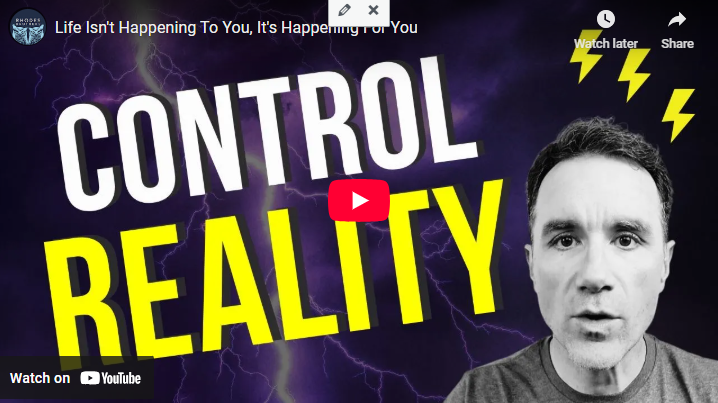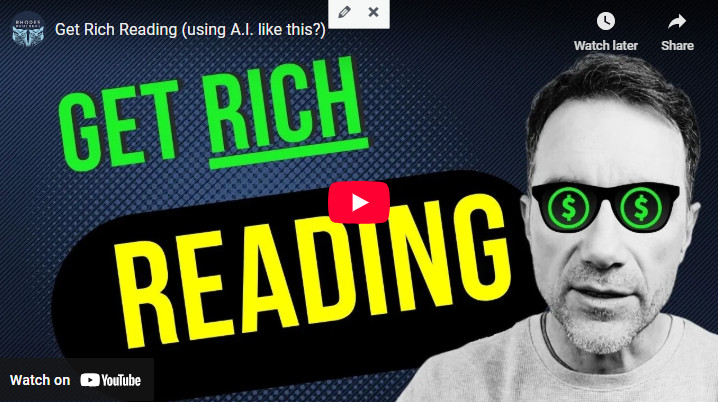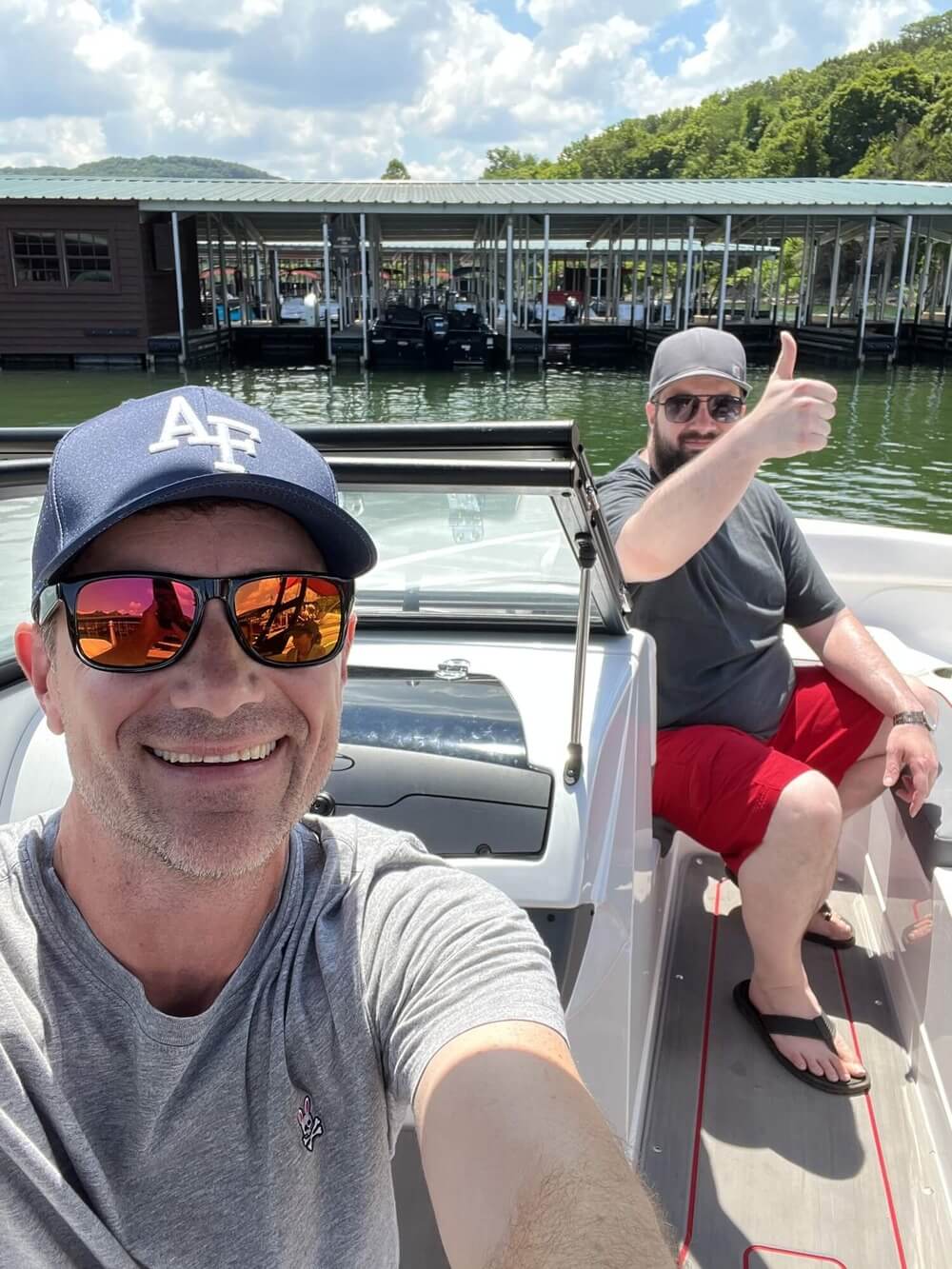For More Free Videos, Subscribe to the Rhodes Brothers YouTube Channel.
“The purpose of life is not to be happy. It is to be useful, to be honorable, to be compassionate, to have it make some difference that you have lived and lived well.” – Ralph Waldo Emerson
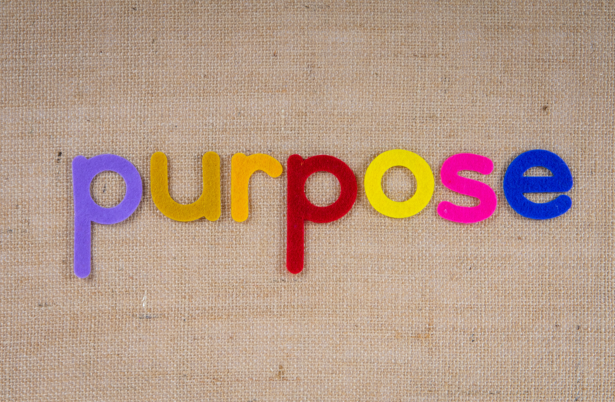
Ever had that nagging feeling, like you’re just going through the motions, unsure if the life you’re living is the one you’re truly meant for? You’re not alone. The search for purpose is one of the most profound—and often frustrating—journeys we face. But here’s the thing: your purpose isn’t some grand secret locked away, accessible only to a lucky few. It’s already woven into the fabric of your life, waiting to be uncovered. All it takes is the courage to reflect, the willingness to take action, and a fresh perspective on the story you’ve been living all along.
John S. Rhodes, from the Rhodes Brothers YouTube channel, said it best: “You have a story, a timeline of your life. Within that story lies the key to uncovering your purpose—you just need to know where to look.”
In this post, we’ll explore how to uncover the hidden gems in your past, reframe challenges into opportunities, and lean into your successes to craft a life of meaning and fulfillment. You’ll walk away with actionable strategies, tools, and insights to not only identify your purpose but also to actively pursue it.
Let’s dive into the roadmap to finding your purpose and transforming your life story into your personal success story.
TL;DR
- Everyone has a unique life story that holds the key to their purpose.
- Reflecting on your past challenges and successes is crucial to understanding your “why.”
- Shifting your focus from failures to victories helps you build momentum for future success.
- Step-by-step exercises, like journaling your life timeline or asking critical questions, can guide you toward clarity.
- Tools like journaling apps and frameworks for self-reflection can simplify the process.
Now, let’s break this down step by step and uncover your purpose together.
How to Find Your Purpose
Finding your purpose might feel like an overwhelming task, but it all starts with the simplest step: reflecting on your own life. By examining your experiences, strengths, and passions, you can uncover the breadcrumbs that lead to a more meaningful and fulfilling path. Let’s break it down into actionable steps to help you discover the purpose already hidden within your story.
Step 1: Reflect on Your Life Story
Think of your life as a timeline—a vivid tapestry of moments, both big and small, that have shaped who you are today. Your purpose often lies hidden within this timeline, waiting to be uncovered. John S. Rhodes encourages us to “pull out a piece of paper and outline the milestones of your life.” This exercise isn’t just about nostalgia; it’s about revealing patterns, lessons, and the foundation of your life’s purpose.
Actionable Exercise: Create a Life Timeline
Grab a notebook, a blank sheet of paper, or even your favorite journaling app, and jot down the key events of your life. Start with your earliest memory and work your way to the present. Consider the following categories:
- Childhood memories that shaped you: Did you have a teacher who believed in you? A moment where you felt proud or saw the world differently?
- Key achievements or milestones: Think about awards, career breakthroughs, or personal goals you’ve accomplished.
- Challenges or failures you’ve overcome: These moments are often the richest sources of growth and resilience.
- Recent life experiences: Even small wins or struggles from the past year can offer insight.
For each event, reflect on these questions:
- What did I learn from this experience?
- How did it shape my values, beliefs, or outlook on life?
- Did this event bring me closer to—or further from—feeling fulfilled and purposeful?
Tools to Try
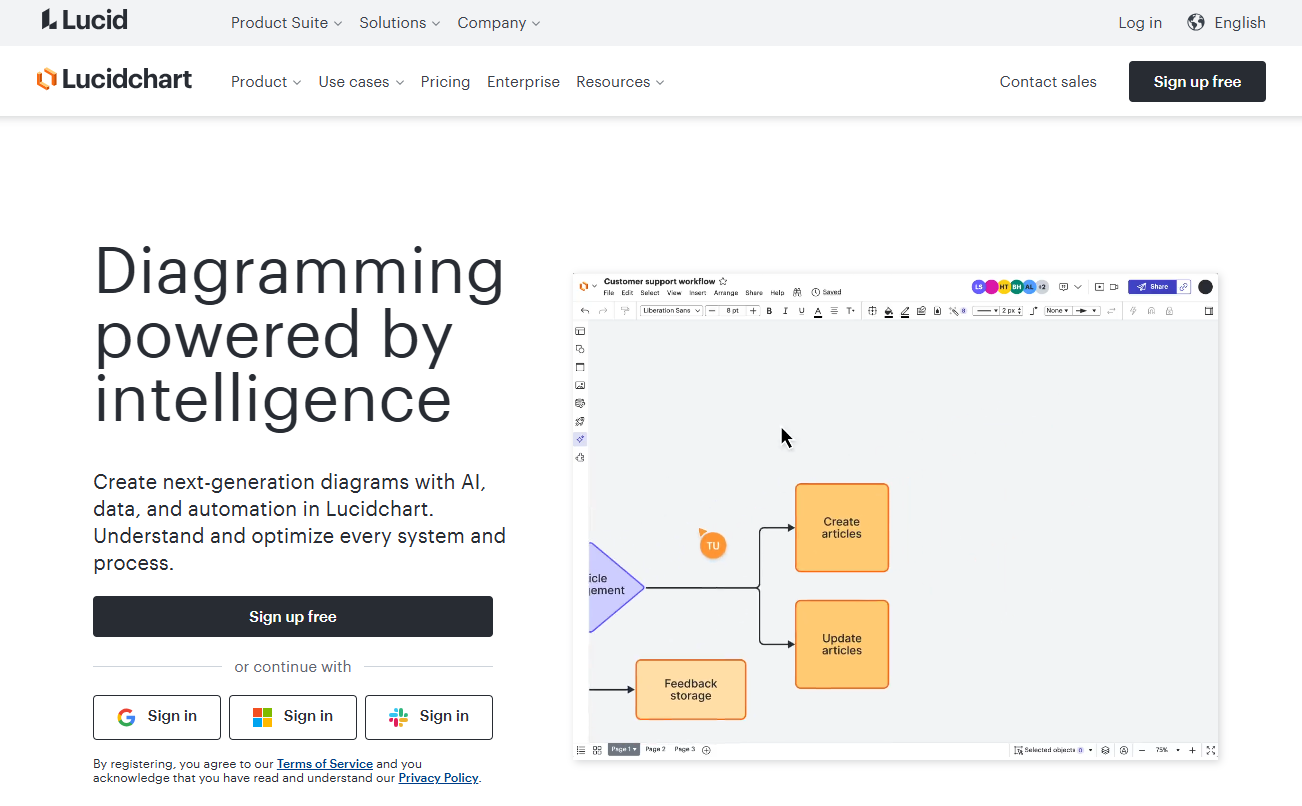
- Journaling Apps: Apps like Day One or Penzu are perfect for organizing your thoughts digitally. They allow you to attach photos, tag events, and even search for recurring themes in your entries.
- Mind Mapping Tools: Platforms like MindMeister or Lucidchart can help you visually map out your timeline, making it easier to see connections between events and uncover recurring patterns.
Example
Let’s say you remember excelling in a school project where you had to solve a real-world problem. As a child, you didn’t think much of it. But now, reflecting on that memory, you realize how much you enjoy problem-solving and helping others—two potential clues about your purpose.
Step 2: Shift Your Focus From Failures to Successes
Let’s be honest—it’s far too easy to dwell on mistakes. You might find yourself replaying moments when you didn’t measure up or wondering why certain things went wrong. As John S. Rhodes wisely notes, “If you only focus on the problems, you’ll relive them over and over.”
Instead, challenge yourself to shift your perspective. For every failure, there’s at least one success—or even a silver lining. The key is to focus on what went right, not just what went wrong.
Actionable Exercise: Identify Your Wins
Take a moment to list 5-10 moments in your life where you felt proud, accomplished, or fulfilled. These don’t have to be monumental. Small wins, like learning a new skill or helping a friend through a tough time, count too.
For each moment, ask yourself:
- What actions did I take to succeed?
- Who or what contributed to this success?
- How did I feel afterward?
Example
Imagine you finally conquered your fear of public speaking by giving a presentation at work. You prepared by practicing with friends and sought feedback from a mentor. The success wasn’t just in delivering the presentation but in your dedication, willingness to learn, and the support you received. These elements—practice, learning, and collaboration—are clues to your purpose.
Tools to Try

- Gratitude Journals: Tools like The Five-Minute Journal encourage you to focus on the positive aspects of your day, helping you build a habit of reflecting on wins instead of failures.
- Success Trackers: Apps like Notion or Evernote can act as a “success vault,” where you document and revisit your wins whenever you need motivation.
Step 3: Lean Into Your Strengths and Passions
Your purpose often lies at the sweet spot where your strengths and passions overlap. A 2024 study published in The Journal of Positive Psychology found that individuals who align their daily activities with their strengths report 30% higher satisfaction and fulfillment in life.
Actionable Exercise: The Ikigai Framework
Ikigai, a Japanese concept meaning “reason for being,” can help you pinpoint your purpose by examining four key areas:
- What do I love? (Passion)
- What am I good at? (Talent)
- What does the world need? (Service)
- What can I be paid for? (Profession)
Draw a Venn diagram with these four sections and start filling them in. The intersection of all four categories is your ikigai—the core of your purpose.
Example
Suppose you love storytelling, you’re good at writing, the world needs more authentic voices, and you can be paid as a freelance writer or content creator. These overlapping areas suggest that your purpose might involve using your writing to inspire or educate others.
Tools to Try
- StrengthsFinder 2.0: This book and online assessment help you identify your top strengths and how to leverage them.
- Passion Planner: A journal that guides you in setting goals aligned with your passions and purpose.
Step 4: Ask the Right Questions
Finding your purpose isn’t just about looking backward—it’s also about asking the right forward-thinking questions. As John S. Rhodes advises, “Use the power of the investigative reporter: who, what, when, where, why, and how.”
Key Questions to Explore
- Who inspires me, and why? Think about the qualities or achievements of people you look up to.
- What activities make me lose track of time? These are often the things you’re most passionate about.
- When was the last time I felt truly fulfilled? Reflect on moments that left you feeling energized and purposeful.
- Where can I make the biggest impact? Consider how your skills and passions could serve others.
- Why do I want to pursue this purpose? Understanding your “why” gives you clarity and motivation.
- How can I start today? Even the smallest step forward can create momentum.
Example
If you feel inspired by entrepreneurs who create sustainable businesses, ask yourself: What is it about their journey that excites me? Is it their innovation, their ability to solve problems, or their commitment to making a difference? These answers can guide your next steps.
Step 5: Take Action and Test Your Purpose
Reflection is powerful, but clarity comes through action. Once you have an idea of your purpose, start testing it in small, manageable ways.
Actionable Exercise: The Purpose Experiment
- Choose one area of interest or passion to explore further.
- Dedicate 30 days to pursuing it. For example:
- If you love writing, start a blog and commit to posting once a week.
- If you’re passionate about helping others, volunteer at a local organization.
At the end of the 30 days, reflect:
- Did this bring me joy?
- Did I feel aligned with my values?
- Can I see myself pursuing this long-term?
Tools to Try
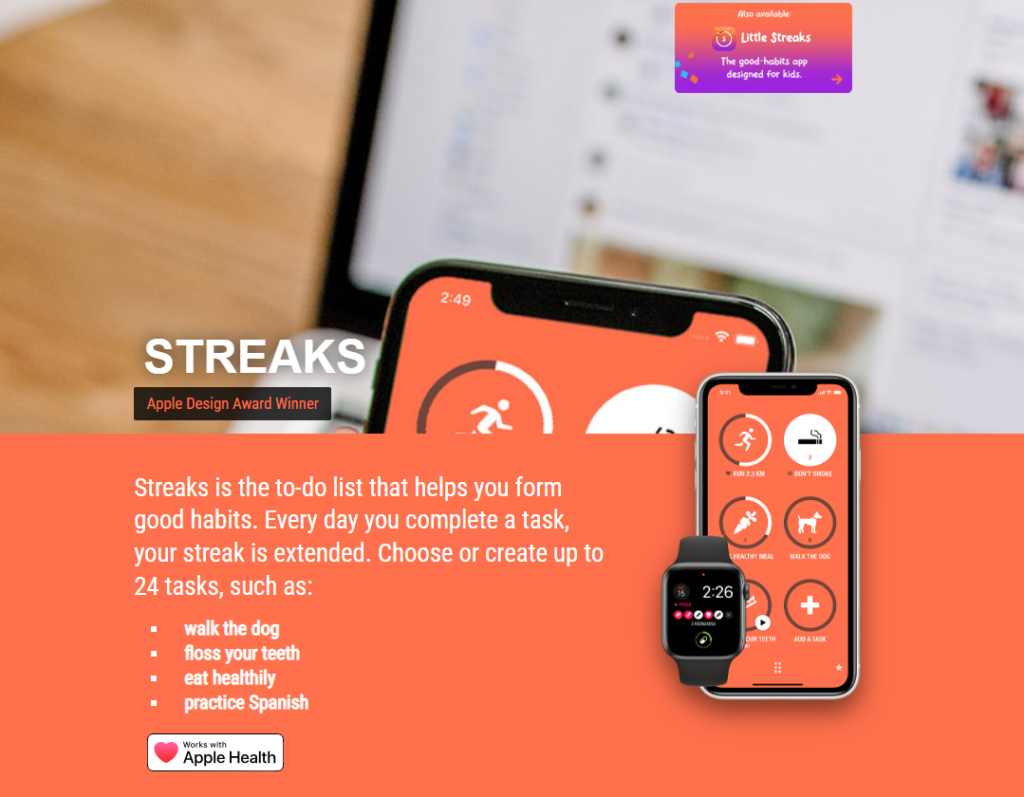
- Habit-Tracking Apps: Apps like Habitica or Streaks can help you stay consistent with your 30-day experiment.
- Online Learning Platforms: Explore courses on platforms like Coursera, Udemy, or LinkedIn Learning to gain new skills aligned with your passions.
Example
If you’ve always thought you’d enjoy teaching, try hosting a free workshop or tutoring someone in your community. The feedback and experience will help you determine if this aligns with your purpose.
By reflecting on your life story, focusing on your strengths, and taking purposeful action, you’ll uncover the clues that point to your true “why.” As you move forward, remember that finding your purpose is a journey, not a destination. Embrace the process, and let each step guide you closer to living the life you’re meant to lead.
Actionable Steps to Find Your Purpose
Discovering your purpose is a deeply personal journey, but it doesn’t have to feel abstract or overwhelming. No matter your background, experience level, or current stage of life, there are practical steps you can take to uncover and pursue your purpose.
For beginners, start small by reflecting on your past experiences—both good and bad—and identifying recurring patterns or moments of fulfillment. Create a timeline of life events and ask yourself what lessons you’ve learned and how those moments shaped your values.
For those more experienced in self-reflection, dive deeper by exploring tools like the Ikigai framework to find the intersection between what you love, what you’re good at, and where you can create impact.
If you’re in your early career or just starting out, focus on experimenting with different interests. Volunteer, take up side projects, or explore new skills through platforms like Coursera or Udemy. These small actions help you test what resonates with your values while building real-world experience.
For mid-career professionals, reflect on what energizes you in your work and what feels draining. Consider how you can align your skills with something more meaningful, such as transitioning into a role or field that aligns with your passions.
For those nearing retirement or seeking a midlife change, think about legacy. What impact do you want to leave behind? Start by mentoring others, volunteering, or dedicating time to causes you care about.
Across all stages, remember that purpose evolves—it’s not a one-time discovery but an ongoing process. By taking small, intentional steps tailored to your current phase of life, you’ll move closer to living a purpose-driven life.
Common Mistakes to Avoid
When it comes to finding your purpose, many people fall into common traps that can leave them feeling stuck or overwhelmed.
One of the most common mistakes when searching for purpose is waiting for clarity to strike, as though it will arrive in a single, life-changing moment. Many people believe they need to have a sudden epiphany to uncover their purpose, but the truth is, clarity rarely works that way. Purpose is something you uncover gradually through exploration and action, not through passive waiting. When you sit back hoping for a “lightning bolt” moment, you miss opportunities to learn about yourself through experience.
The solution is simple: start with small, intentional steps, even if you’re not certain of the outcome. Take a class, volunteer, or explore a hobby that excites you. Each step will help you learn what resonates with you, and over time, your purpose will become clearer through the process, not the waiting.
Another major pitfall is dwelling on failures and allowing them to define your narrative. It’s easy to replay past mistakes on a loop, convincing yourself that you’re not good enough or that previous setbacks mean you’re incapable of living a purposeful life. This mindset keeps you stuck in the past, unable to recognize the opportunities and strengths you have in the present.
Instead, shift your perspective by reflecting on your successes, no matter how small. What moments in your life made you feel proud, accomplished, or fulfilled? What did you learn from those victories? These wins provide valuable insights into your strengths, values, and the areas where you thrive. By focusing on what has gone right instead of what has gone wrong, you’ll build confidence and gain a clearer sense of direction.
Lastly, many people make the mistake of overcomplicating the process of finding their purpose, believing they need to have a perfect, all-encompassing plan before they begin. This “all or nothing” mindset can feel paralyzing, leading to procrastination or inaction. The truth is, your purpose doesn’t need to be fully formed or flawless from the start—it evolves as you grow, learn, and experience new things.
Instead of trying to figure everything out at once, give yourself permission to experiment. Treat purpose as a journey of discovery rather than a fixed destination. Try new activities, explore interests, and let go of the pressure to get it “right” immediately. As you gather experiences and reflect on what feels meaningful, your purpose will naturally take shape in ways you might not have initially expected.
Frequently Asked Questions
How do I get started with finding my purpose?
Start by reflecting on your life story and identifying key moments of success and fulfillment. Use tools like journaling to organize your thoughts.
What if I have multiple interests?
That’s great! Experiment with each one and see which aligns most with your values and brings you joy.
How long does it take to find your purpose?
There’s no set timeline. It’s a journey of self-discovery that evolves over time.
Can my purpose change over time?
Absolutely. Your purpose can shift as your priorities, values, and circumstances change.
What tools can help me find my purpose?
Tools like journaling apps, the Ikigai framework, and strengths assessments are great starting points.
How can I stay motivated during the process?
Celebrate small wins, and remember that every step brings you closer to clarity.
What if I fail during the process?
Failure is part of the journey. Use it as a learning opportunity to refine your path.
How can I involve others in my journey?
Seek mentors, join communities, or share your experiences with friends and family.
What if I feel overwhelmed?
Break the process into small, manageable steps. Focus on one area at a time.
Can I profit from my purpose?
Yes! Align your purpose with marketable skills or services to create a fulfilling career or side hustle.
Take Action Toward Your Goals Today
Discovering your purpose or achieving your goals starts with small, intentional actions. From reflecting on your past wins and learning from your experiences to experimenting with new opportunities and letting your purpose evolve naturally, the journey is as important as the destination. Remember, clarity comes through action—not waiting—and focusing on your strengths rather than your failures will keep you moving forward.
Now is the time to take the first step. Whether it’s journaling your thoughts, trying a new skill, or exploring resources to guide your journey, progress starts with that one decision. Don’t overcomplicate the process—purpose is a journey of discovery that grows with you.
Thank you for joining us in exploring these ideas. To keep learning, growing, and gaining inspiration, check out the latest videos on the Rhodes Brothers YouTube Channel. Don’t forget to subscribe to stay updated with content designed to help you succeed in all areas of your life. Let’s take that first step together—start today!
Resource List
Here are some tools, books, and platforms to help you along your journey of discovering your purpose:
Books
- “Start with Why” by Simon Sinek: Explores the importance of understanding your “why” in both personal and professional life.
- “The Art of Work” by Jeff Goins: A practical guide to finding and pursuing your calling.
- “Designing Your Life” by Bill Burnett and Dave Evans: A workbook-style guide for applying design principles to create a meaningful life.
Assessments and Frameworks
- CliftonStrengths (StrengthsFinder): A detailed assessment to identify your top strengths and how to leverage them.
- Ikigai Framework: A Japanese concept that helps you find the intersection of your passion, talent, service to the world, and potential for income.
- VIA Character Strengths Survey: A free tool to identify your core character strengths and how to apply them in your life.
Journaling and Reflection Tools
- The Five-Minute Journal: A guided journaling tool to help you reflect on gratitude and daily wins.
- Day One (App): A journaling app that helps you track life events and reflect on key moments.
- Notion or Evernote: Digital tools for organizing thoughts, brainstorming ideas, and tracking progress.
Online Learning Platforms
- Coursera: Offers courses on self-discovery, purpose, and personal development, including programs from top universities.
- Udemy: Affordable courses on personal growth, mindfulness, and finding purpose.
- MasterClass: Inspirational lessons from experts in various fields to spark curiosity and passion.
Career and Volunteer Resources
- LinkedIn Learning: Professional development courses to align your career goals with your purpose.
- VolunteerMatch: A platform to find volunteer opportunities that align with your values and interests.
- Idealist: A resource for finding purpose-driven careers and initiatives.
